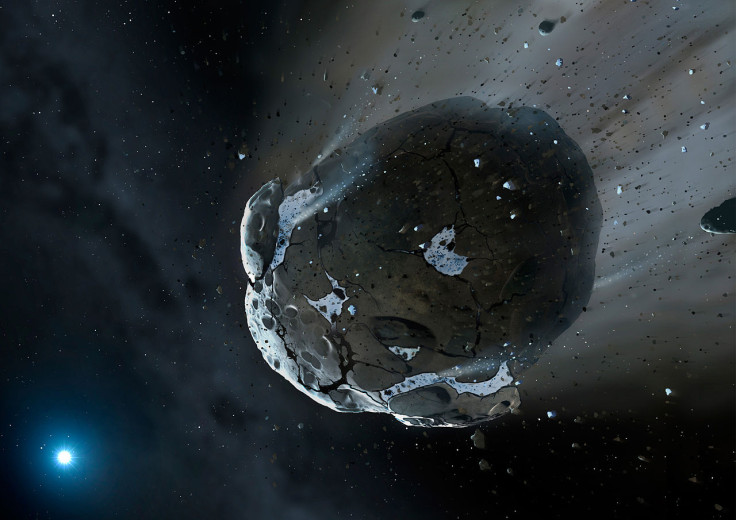Asteroid day: Brian May and Lord Rees call for increased protection against space rocks

A group of leading astronomers and scientists have marked Asteroid Day by signing a petition to urge officials to up the search for potentially hazardous space rocks.
Among the signatories of the 100x declaration include Queen guitarist Brian May, astronomer royal Lord Rees, Brian Cox and Richard Dawkins.
The purpose of the petition is to encourage experts to speed up the search for asteroids that may be on a collision course with earth.
The statement of the 100x declaration's website says "there are a million asteroids in our solar system that have the potential to strike Earth and destroy a city" and added we "have the technology to change" how well we are protected.
May told the Guardian: "The aim is to ramp up public awareness and the awareness of governments to the fact that we are under threat from a meteor strike.
"It's been made light of, and we've seen some great films, like Bruce Willis saving the day, but it is a very serious threat."
Lord Rees added: "They are clearly a threat and for the first time it is possible for us to do something to reduce that threat.
"It is now feasible to do a survey of all the potentially Earth-crossing asteroids above 50m in diameter, and objects like that impact Earth about once per century. One could then check their orbits to see if any are on a collision course with Earth and within 20-30 years have technology to divert any that are on course.
"We know the rough numbers, we just don't know when a particular asteroid is going to hit. If we are going to take precautions, we need to know the orbits of all of these bodies.
"The first thing is to do the survey to find out if there are any asteroids which seem to be on course with a high probability of hitting within the next 50 years. If we knew there was one on course to hit the Earth in next 50 years, that would focus minds on the technology."
© Copyright IBTimes 2025. All rights reserved.






















